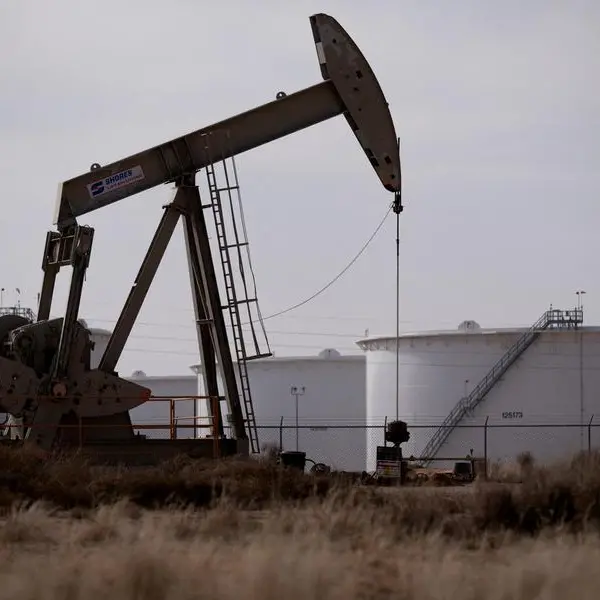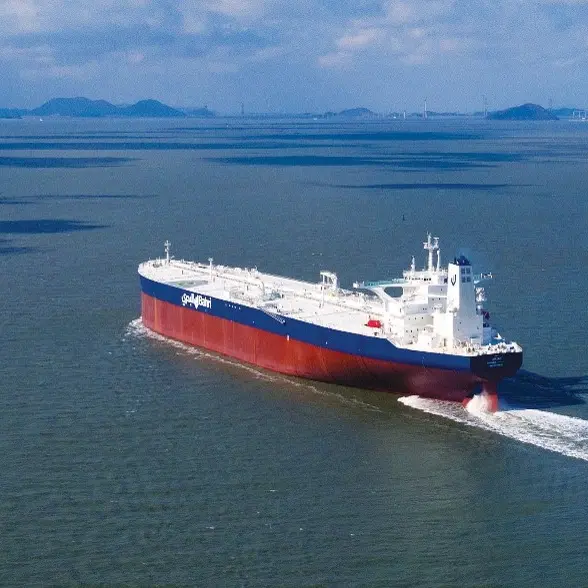PHOTO
Global travel demand improved in 2021 compared to 2020 despite the threat of the Omicron variant, but airlines are yet to recover to pre-COVID-19 levels, according to the International Air Transport Association (IATA.)
Middle East carriers’ passenger volumes for the full-year 2021 were 71.6 percent below 2019 figures, while annual capacity fell 57.7 percent. IATA said load factor also dropped 25.1 percentage points to 51.1 percent.
Global figures also showed that demand (revenue passenger kilometres or RPK) fell by 58.4 percent compared to the full year of 2019. However, this represented an improvement compared to 2020, when full-year RPKs were down 65.8 percent versus pre-COVID-19 levels.
According to IATA, the travel restrictions imposed by various countries to curb the spread of Omicron had slowed the recovery in international demand, particularly during the traditionally busy month of December.
“Without Omicron, we would have expected international demand for the month of December to improve to around 56.5 percent below 2019 levels. Instead, volumes rose marginally to 58.4 percent below 2019,” IATA said.
However, overall travel demand “strengthened” in 2021, according to Willie Walsh, IATA’s Director General.
“That trend continued into December despite travel restrictions in the face of Omicron. That says a lot about the strength of passenger confidence and the desire to travel,” Walsh said.
“The challenge for 2022 is to reinforce that confidence by normalising travel. While international travel remains far from normal in many parts of the world. There is momentum in the right direction.”
France and Switzerland are among the latest countries to announce significant easing of COVID-19 restrictions. The United Kingdom has also recently announced the removal of all testing requirements for vaccinated travellers.
(Reporting by Cleofe Maceda; editing by Seban Scaria)
Disclaimer: This article is provided for informational purposes only. The content does not provide tax, legal or investment advice or opinion regarding the suitability, value or profitability of any particular security, portfolio or investment strategy. Read our full disclaimer policy here.
© ZAWYA 2022





















